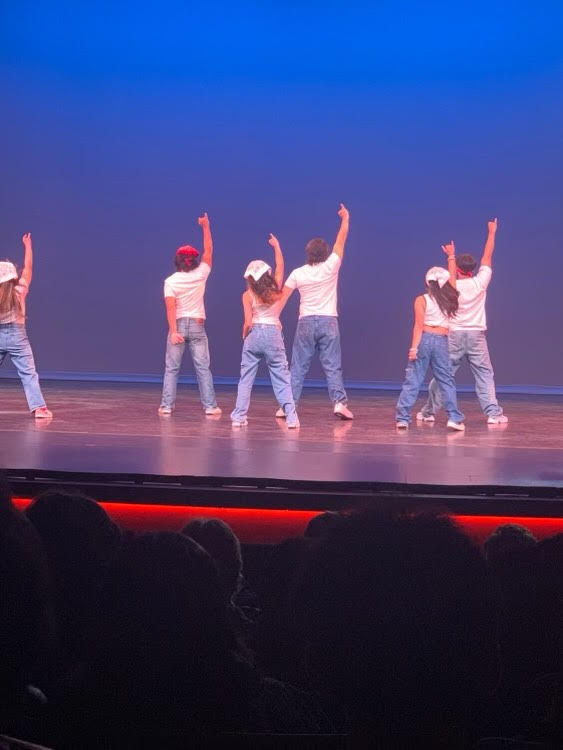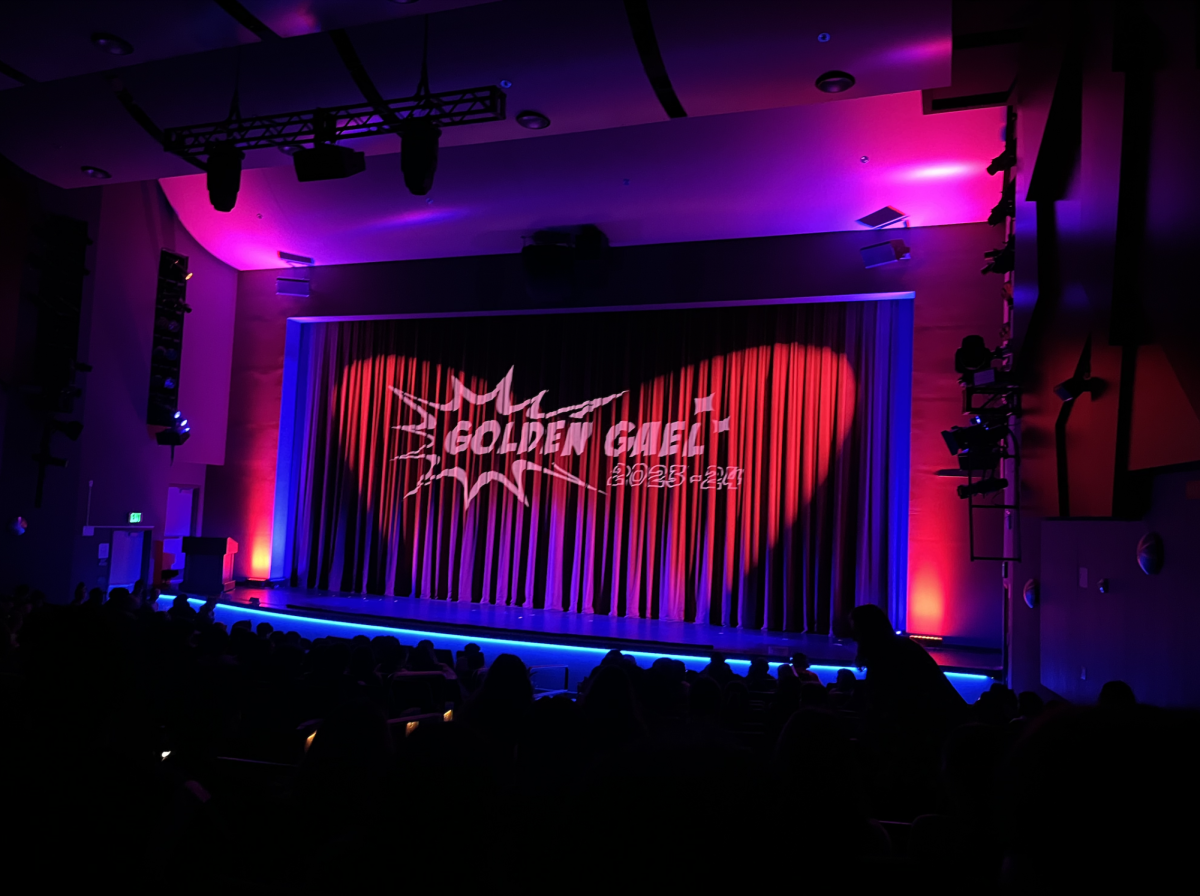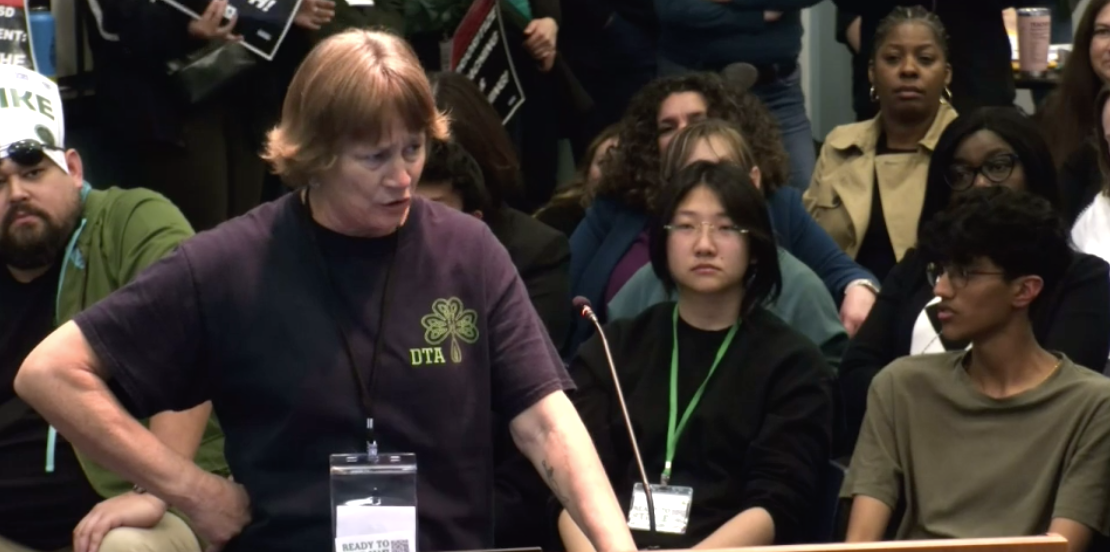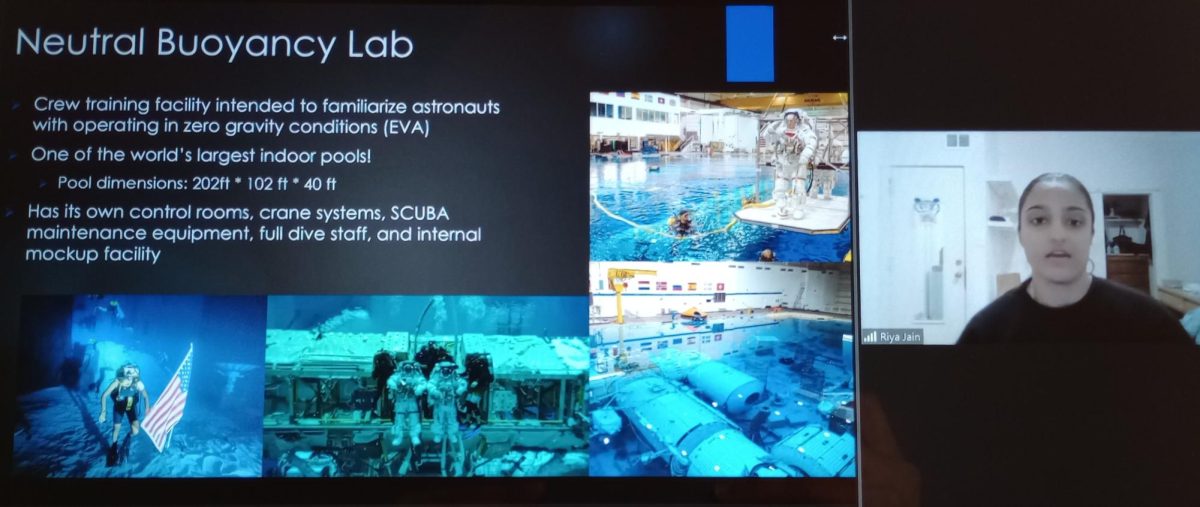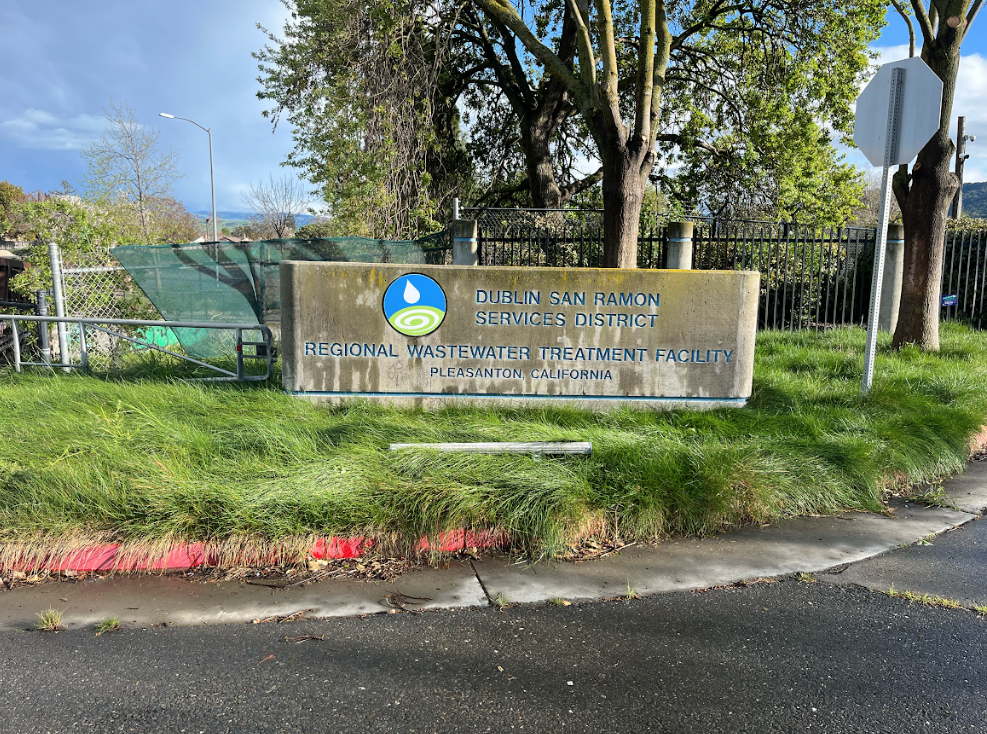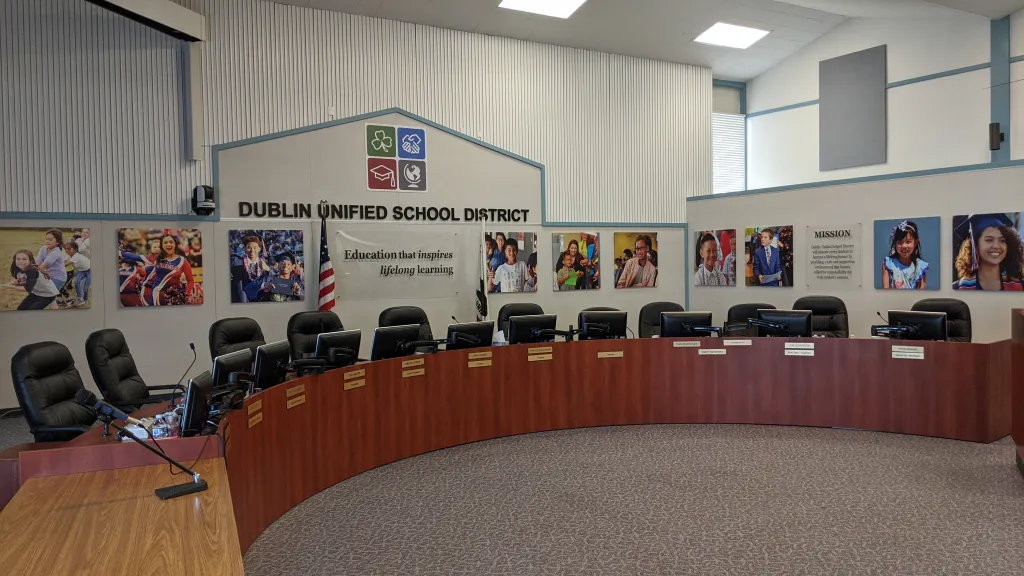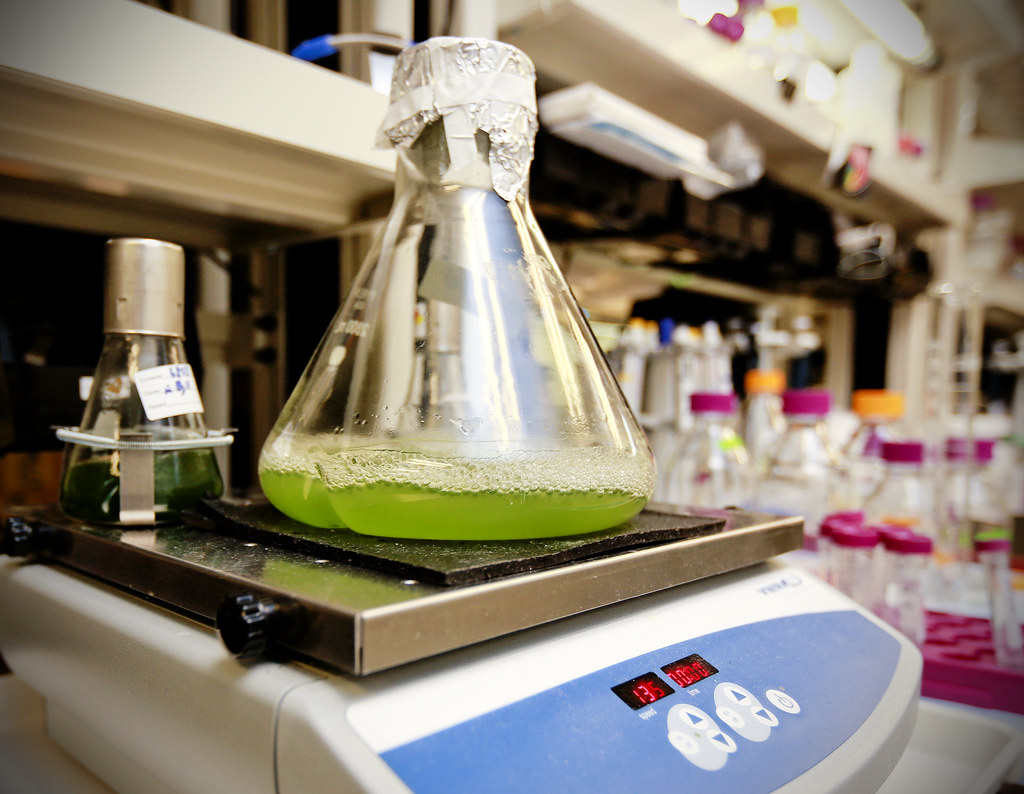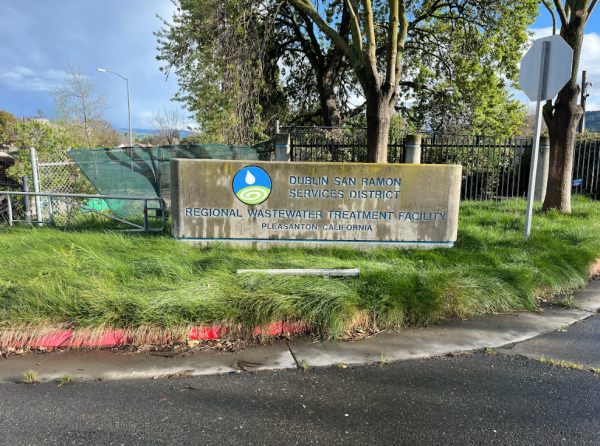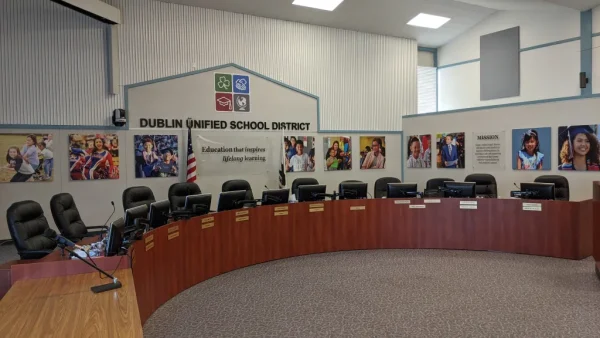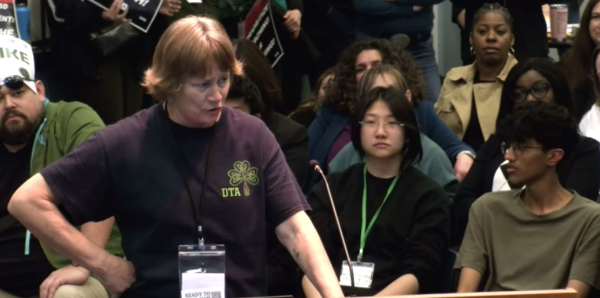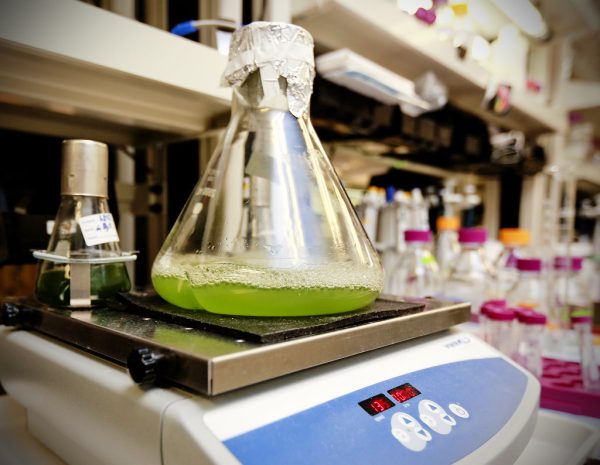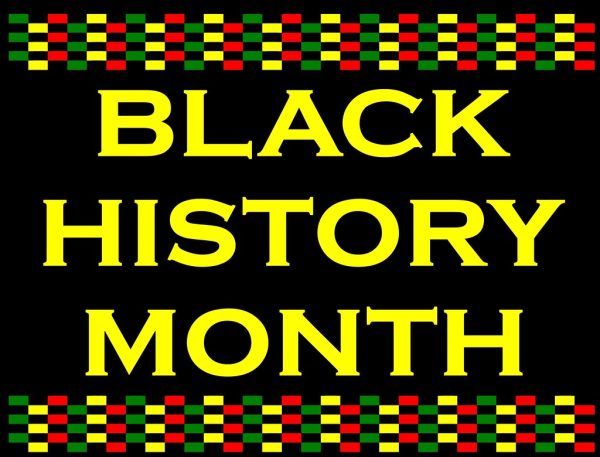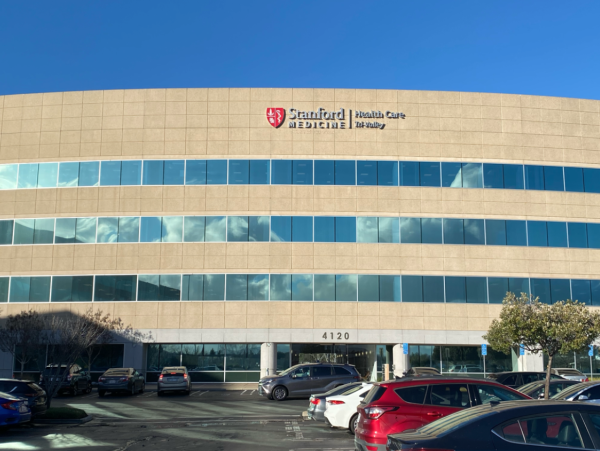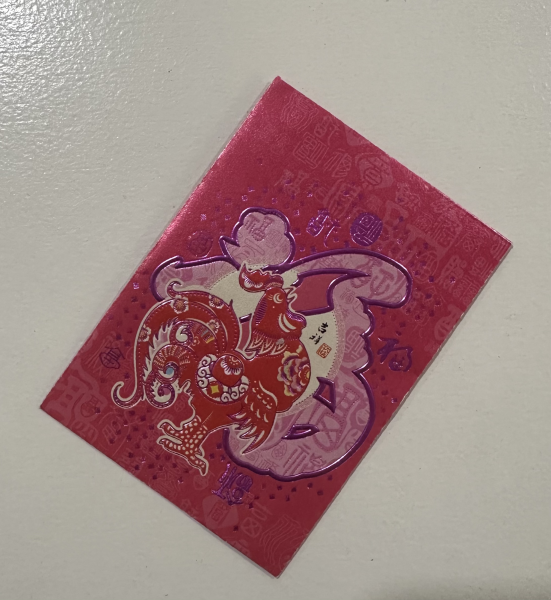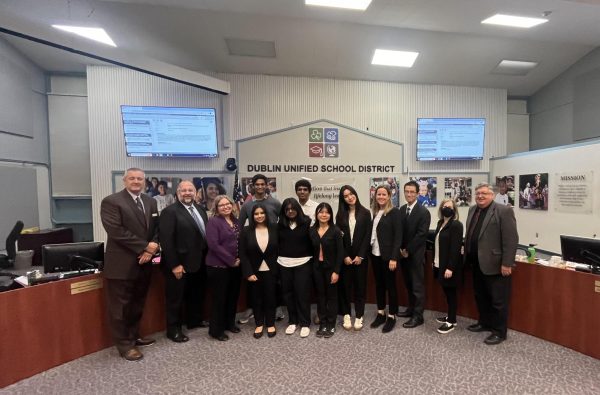New Classes for 17′-18′ School Year
As DHS students know, class sign-ups for next year have begun; choosing classes can be stressful or even competitive at times and often interesting classes can slip under the radar.y. To ensure that you make a good decision, here are some new classes made for next year that can also be considered by our students.
Emergency Medical Responder
The Emergency Medical Responder course prepares the EMR student to provide prehospital assessment and care for patients of all ages with a variety of medical conditions and traumatic injuries. THe class includes an introduction to emergency medical services systems, roles and responsibilities of EMRs, anatomy and physiology, medical emergencies and how to help patients in trauma.
Philosophy
The fundamental questions or central themes that Philosophy class will focus on include: ethics, political philosophy, free will & determinism, philosophy of mind, epistemology, and philosophy of religion. There will be a lot of free-thinking discussions and connects to almost all subjects and can be very useful outside of class. It helps students improve in reading, writing and clear thinking.
**Mr. Dance will be teaching this class.
AP Seminar
In AP Seminar, you will learn how to research using the Internet and how to cite sources from different forms of text, whether it’s a book, article, newspaper, short story or a poem. It will be taught by Mr. Ruegg and there is a 0 period option for it. It will give a grade bump, and it can be a helpful course in college for writing research papers, no matter your major.
Computer Support Class
In the computer support class, you will learn how to troubleshoot, fix and help all computers of the school and help out students in the HUB with any technology related issues. This includes printing problems, Google apps related problems or hardware problems.
Criminal Justice Activity
The objective for this course in Criminal Justice is to give students an overview of the criminal justice field and help in choosing a career in the three areas of criminal justice: law enforcement, corrections, and legal careers. Students in this program receive not only an academic foundation in terms of learning the basic concepts, vocabulary, and theories in each of fields, but also should receive some practical, skills-based training in each of the areas to provide them with a basic skills base from which they can draw from when applying for and working in entry-level positions in criminal justice-related jobs. It’s an extremely interesting course, but very specialized, so make sure to take this if you wish to get into criminal justice.
Your donation will support the student journalists of Dublin High School. Your contribution will allow us to purchase equipment and cover our annual website hosting costs.
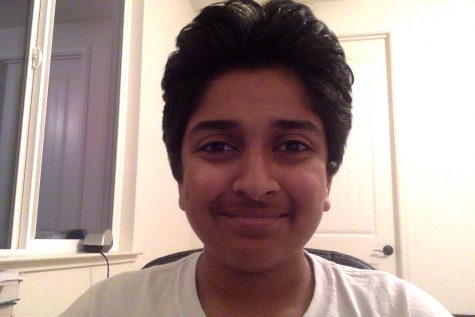
Vikram Nithyanandam is a student of the class of 2019. He loves to write articles on current issues and world news related to any political or economic...

